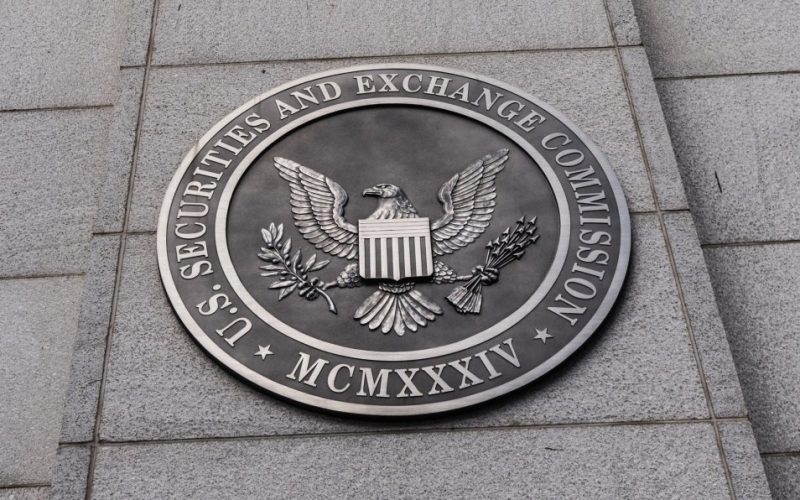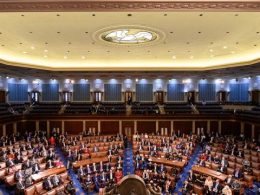U.S. Securities and Exchange Commission (SEC) Commissioner Caroline Crenshaw has issued a blistering rebuke of her agency’s handling of a court directive in the ongoing litigation over the SEC’s Climate-Related Disclosure Rules, accusing the Commission of deliberately avoiding its responsibilities.
On April 24, the U.S. Court of Appeals for the Eighth Circuit instructed the SEC to clarify whether it intended to review or reconsider the climate rules adopted in March 2024. If not, the court asked whether the Commission would still enforce the rules should pending legal challenges be dismissed.
But in a status report filed today, the SEC offered what Crenshaw characterised as a “wholly unresponsive” reply. While the agency stated it has “no intention of revisiting the Rules at this time,” it stopped short of addressing whether it would adhere to them if the court upholds their legality.
“The Court asked us in no uncertain terms: ‘Will the Commission adhere to the Rules if the petitions for review are denied?’ We did not—but should have—answered that question,” Crenshaw wrote. “The unspoken truth under this Commission is that the answer is ‘no.’”
Crenshaw pointed out that three of the four current Commissioners have publicly opposed the rules and have withdrawn the SEC’s legal defence of them. “The Commission simply does not want to say what we all know to be true by now—it has no intention of allowing the Climate-Related Disclosure Rules to go into effect,” she said.
The Commissioner dismissed the agency’s claims that responding would “prejudge” future decisions or that a court ruling on statutory authority is required before considering further rulemaking. “There are no prejudgment issues, because there is nothing to prejudge,” Crenshaw argued, adding that any future rule changes must go through the formal rulemaking process as outlined under the Administrative Procedure Act.
She also warned against the SEC’s apparent attempt to bypass that process by deferring action to the courts, which she described as a “grave disservice” to the judicial system. “By asking the Court to carry water that we should shoulder ourselves, we do a grave disservice to our already taxed judicial system. This is not good governance,” she stated.
Crenshaw concluded that the Commission’s actions reflect a broader unwillingness to follow the legally required path for repealing or modifying regulations. “It must engage in notice-and-comment rulemaking, with the benefit of economic analysis and a public, transparent process—even if inconvenient or if the Commission has other, more pressing priorities.”
With the SEC’s status report now under scrutiny, the Court must determine how to proceed amid growing concern over the agency’s commitment to regulatory transparency and accountability.





















